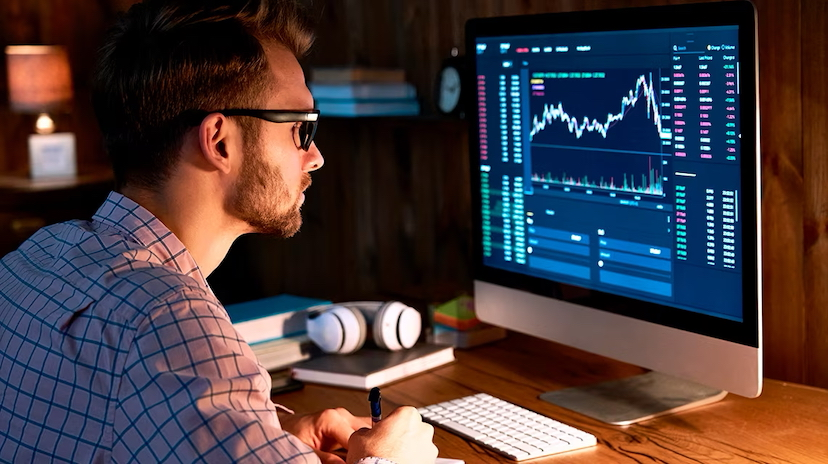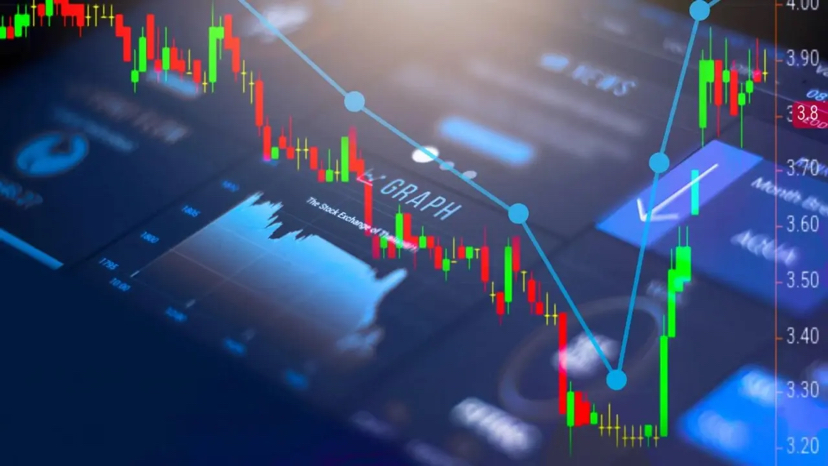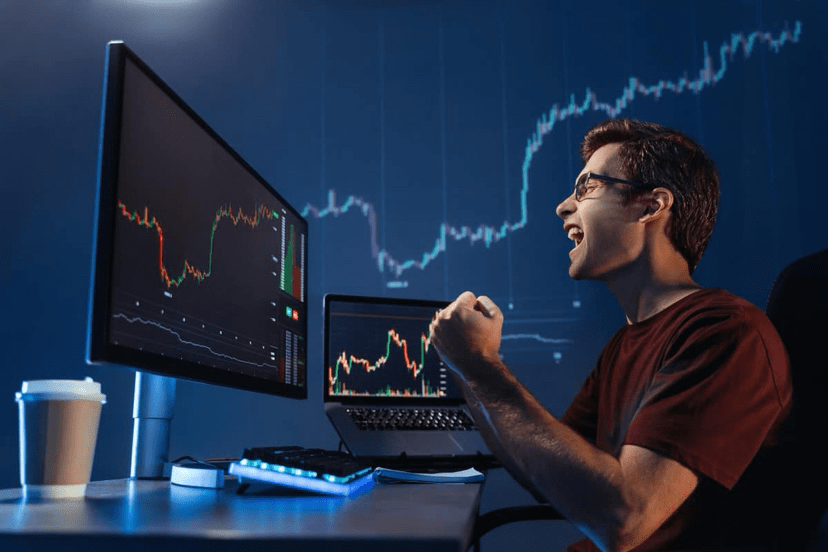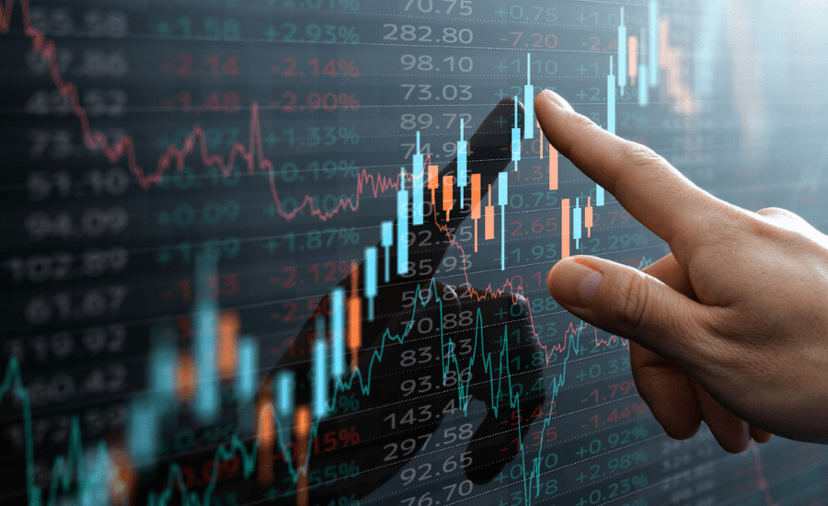Even the best traders lose from time to time, so it is important to remember that losses are inevitable, no matter how well you know the market. The following tips will help you trade successfully in financial markets and design a sensible and stable trading strategy.
1. Focus on high-value trades

As a trader, your goal should be to make money, not to execute a lot of trades that often only end up making your broker rich. A basic rule, but one that is often overlooked, is to know what types of trades best fit your strategy. Spend some time identifying your trading goals and resist the temptation to buy or sell irrationally, just because it seems like 'you should do something.'
2. Follow the market trend
Remember that you are a trader, not an investor. If a trade goes wrong, do not convince yourself to hold it longer in the hope that 'the market will turn around' or because 'the market is wrong.' We are constantly reminded that discipline is a very important part of trading, and this statement makes even more sense for the intraday trader, with their aggressive and very short-term strategy. Do not let a big loss ruin a bunch of perfectly valid trades.
3. Know when to take profits

It's easy to get carried away when a trade starts to work out, thinking that this will be the one that makes us rich. However, just as we usually set a stop-loss when placing an order, it is helpful to have an idea of where we want to take profits. Do not let a winning trade turn into a losing one.
4. Limit losses
Traders often look for smaller moves than traders with longer time horizons. But focusing on identifying smaller moves does not mean you should neglect risk management. Before entering, decide when you will exit and set a stop-loss order when possible.
5. Know your risk-reward ratio
This advice is related to the two previous ones. An intraday trader who risks, for example, losing 100 to gain 50 will quickly realize that this is not a very profitable trading strategy. They are likely to be wrong more often than they think, so ensure that potential gains represent a realistic multiple of what they are risking. This way, they can make some money even if they are only right half the time (or even a little less).
6. Be aware of the publication of economic data
Know when key economic data will be released and assess what impact it might have on the markets you are trading in. For example, you may have identified the most reliable technical figure in the world, but if the US employment data is going to be released in 90 seconds, it is very likely that the market will behave somewhat erratically. Nowadays, most brokers offer economic calendars, so you have no excuse for not knowing what is happening in the financial world.
7. Be prepared for technical failures
In the hyper-connected world we live in, we can fall into the mistake of thinking that things always work out. But have you thought about what would happen if you have open trades and lose your Internet connection or if your computer 'dies' unexpectedly? At the very least, we recommend having your broker's phone number handy and, if possible, having alternative connection methods, such as a mobile app.
8. Spend time away from the screen
It's easy to become hypnotized in front of a screen filled with flashing numbers and moving charts, but as cliché as it sounds, over time you may miss the forest for the trees. Take frequent breaks, step away from the screen for a while, and come back to the markets with fresh eyes.
9. Relax
Trading is stressful enough without you adding more pressure on your shoulders. The right trades should not be forced or require you to spend hours staring at a price chart.
10. Have fun

Make no mistake, trading is not for everyone and it is clearly not an easy way to make money. Successful traders are passionate about the markets and comfortable with short-term volatility. It’s not about fighting but about keeping pace with the intraday swings that financial markets experience. However, it will be difficult for you to 'go with the flow' if you are fearful, feel intimidated, or get nervous every time the price changes. It’s important to trust your system and enjoy the challenge of anticipating where the markets will move.
